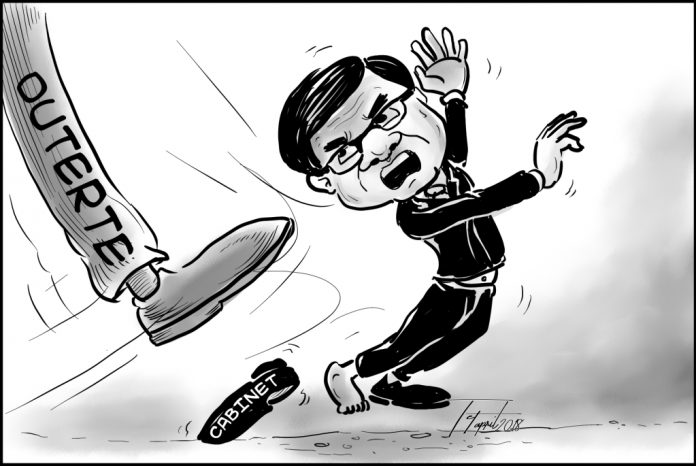
THE PHILIPPINE National police wants candidates in next month’s barangay and Sangguniang Kabataan elections to take drug tests. The proposal wants to make sure that elected officials are drug-free.
But as early as November 2008, the Supreme Court (SC) already ruled as unconstitutional a provision in the Comprehensive Dangerous Drugs Act of 2002 requiring mandatory drug testing to all candidates for public office. In a 23-page en banc decision, the SC likewise declared as unconstitutional Commission on Elections (Comelec) Resolution No. 6489 which implemented the drug testing among candidates.
The SC said paragraph (g) of Section 36 of Republic Act (RA) 9165 violated the 1987 Constitution because it added another qualification for senators as enumerated in Section 3, Article VI of the charter. Section 36 of RA 9165 stated that, “No person shall be a senator unless he is a natural born citizen of the Philippines, and on the day of the election, is at least 35-years of age, able to read and write, a registered voter, and a resident of the Philippines for not less than two years immediately preceding the day of the election.”
So what do we do now? We want to determine the mental, physical and moral capacity of the candidates, considering the importance of the positions they seek for public service. An official who is not physically, mentally and morally fit becomes a public liability and will not be able to serve the best interest of the people.
One way the Department of Interior and Local Government can weed out drug users among barangay and SK officials and personnel is by invoking RA 9165’s Section 36 (d) which authorizes random drug testing of current or incumbent officers and employees of public offices.
Yes, this is allowed by RA 9165. The drug testing has to be random, not to cover everyone in public service. Section 36 (d) also covers officers and employees of private offices. It is silent on the self-employed.
The random drug testing must be done as soon as possible as it is only a month before the barangay elections. It may be done in collaboration with the Department of Health which has the manpower resources.
Section 36 (d) of RA 9165 was not voided by the Supreme Court in its decision on Nov. 3, 2008. What it declared unconstitutional were Section 36 (f) and Section 36 (g) only. The other parts of Section 36 were not struck down.





